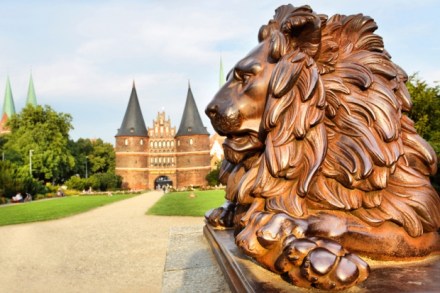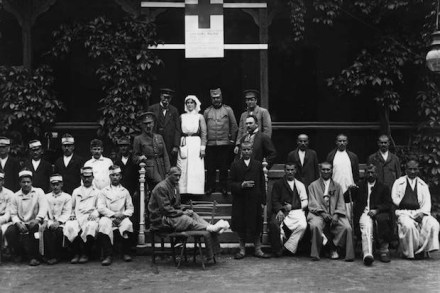Forget the EU – we need the Hanseatic League
I think it is time to put into effect my plan for the re-shaping of the European Union. A somewhat scaled-down European Union: Greece wouldn’t be in it, for a start. Nor Portugal or Spain or France or indeed Italy south of a line which I have just drawn on my Times Atlas of the World in felt-tip pen, stretching east north east from Genoa to Trieste. And even that northern bit of Italy (Venice in, Bologna definitely out) is there on a sort of probation — and on the understanding that they take their orders from the German-speakers in the new capital Bolzano (or Bozen, as it will become




















